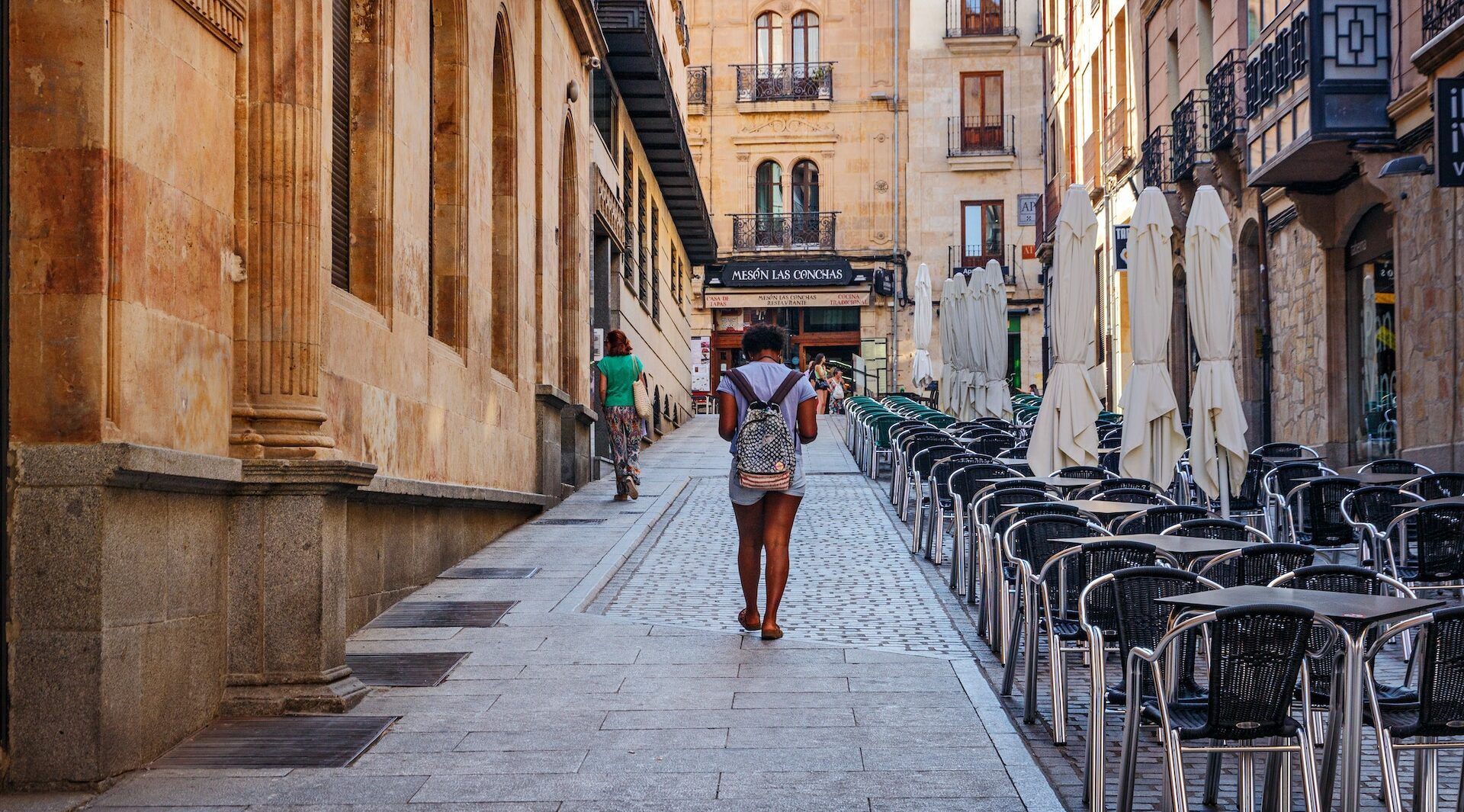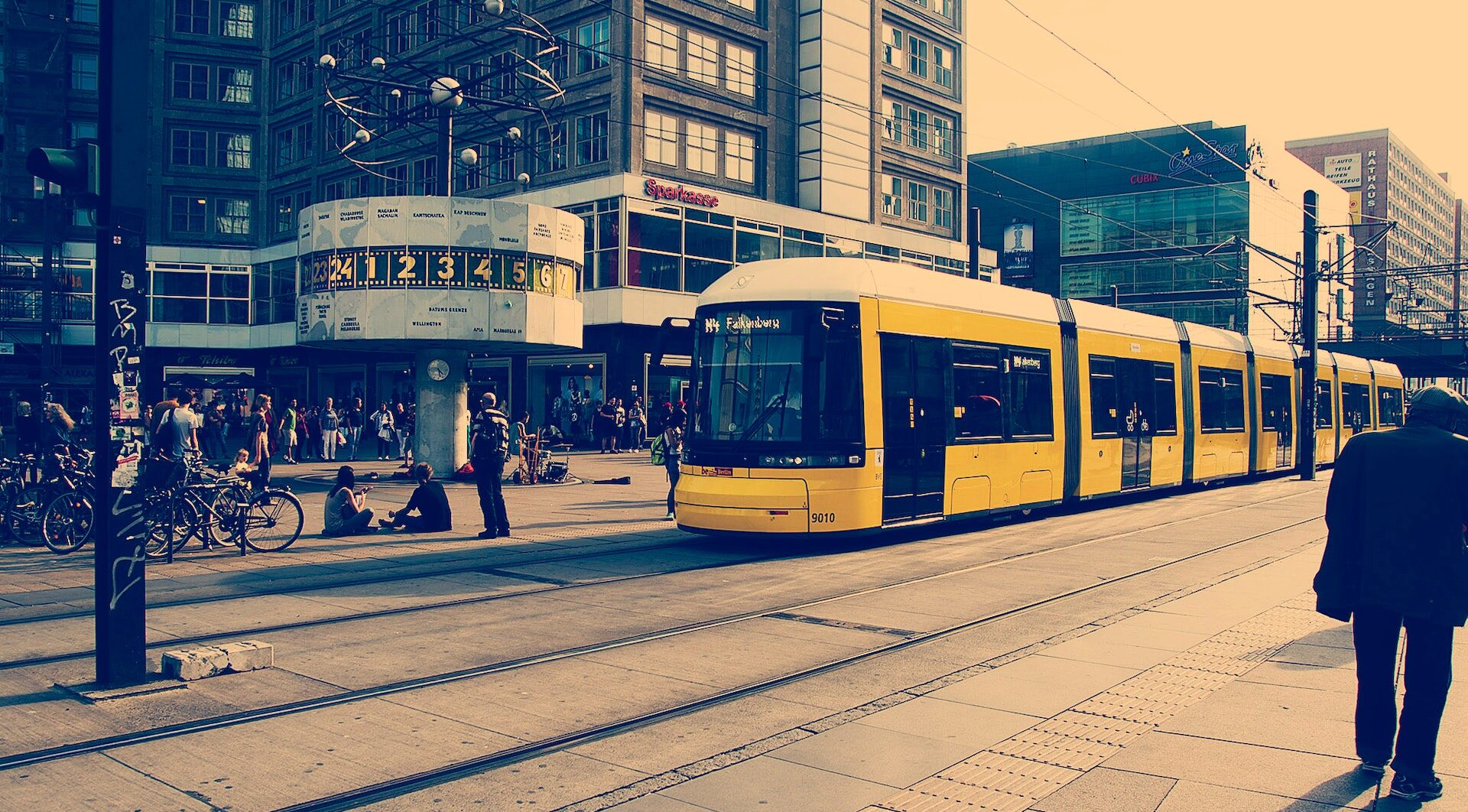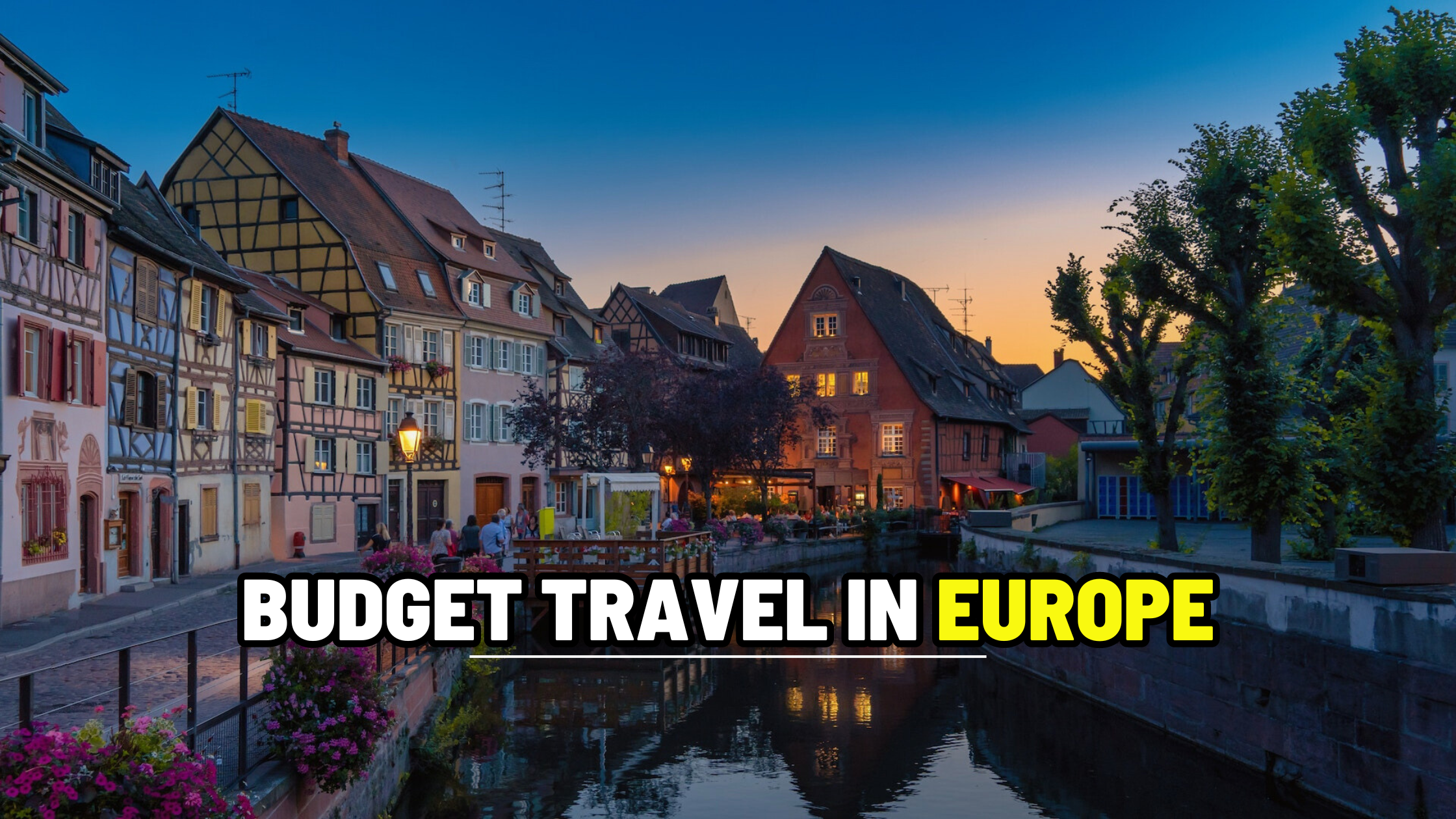Europe, with its rich history, diverse cultures, and stunning landscapes, is a dream destination for many travelers. However, the idea of exploring Europe often comes with a perception of high costs. The good news is that it’s entirely possible to have a memorable European adventure without breaking the bank. In this article, we will share seven invaluable tips to help you make the most of your budget while traveling in Europe.
Essential Tips for Budget Travel in Europe:
1. Plan Ahead and Set a Budget
The foundation of budget travel in Europe begins with careful planning. Start by setting a realistic budget for your trip. Consider factors such as transportation, accommodation, food, activities, and souvenirs. Research the average costs in the countries you plan to visit and allocate your budget accordingly. Having a clear financial plan will help you make informed decisions during your journey.

2. Travel During the Shoulder Seasons
Europe experiences peak tourist seasons during the summer months, which means higher prices and larger crowds. To save money and avoid overcrowded tourist attractions, consider traveling during the shoulder seasons, which are the periods just before or after the peak season. Spring and autumn offer pleasant weather, fewer tourists, and better prices on accommodations and flights.
3. Be Flexible with Your Itinerary
Flexibility can be your best friend when it comes to budget travel in Europe. Be open to adjusting your travel dates or destinations based on available deals and discounts. Websites and apps like Skyscanner, Kayak, and Google Flights can help you find the cheapest flights and flexible date options. Similarly, consider alternative airports, as flying into smaller or neighboring cities may offer significant savings.

4. Choose Budget-Friendly Accommodation
Accommodation costs can significantly impact your travel budget. To save money, consider options like hostels, guesthouses, and budget hotels. Websites such as Hostelworld, Booking.com, and Airbnb can help you find affordable places to stay. Additionally, look for accommodations with kitchen facilities, as this allows you to cook your meals and save on dining expenses.
Another innovative option is couchsurfing, where you can stay with locals for free or a small contribution. It not only saves money but also provides a unique opportunity to connect with locals and gain insider insights into the destination.
5. Use Public Transportation
Europe boasts an extensive and efficient public transportation network that can be a budget traveler’s best friend. Instead of renting a car or relying on taxis, opt for trains, buses, trams, and subways to get around. Consider purchasing city or regional travel passes for discounted fares and unlimited rides during your stay. Websites like Rome2rio and Eurail can help you plan your routes and compare transportation options.

When booking long-distance travel, look for budget airlines and book your tickets well in advance to secure the best deals. Be sure to keep an eye out for luggage fees and additional charges that may affect the overall cost.
6. Eat Like a Local
One of the joys of traveling in Europe is sampling the local cuisine. To save money on food while savoring authentic flavors, follow these tips:
- Street Food: Street food stalls and local markets offer affordable and delicious meals. Try dishes like crepes in Paris, bratwurst in Germany, or kebabs in Istanbul.
- Picnics: Visit local markets to buy fresh produce, bread, cheese, and wine for a picnic in a park or by a scenic river. It’s a budget-friendly way to enjoy a meal with a view.
- Set Menus: Many restaurants offer fixed-price menus during lunch hours, which are often more affordable than dinner options. Take advantage of these lunch specials to sample local cuisine.
- Avoid Tourist Traps: Restaurants near major tourist attractions tend to be pricier. Venture a bit farther from the beaten path to find more budget-friendly dining options frequented by locals.

7. Prioritize Free and Low-Cost Activities
Europe offers a wealth of cultural, historical, and natural attractions that won’t cost you a fortune. Prioritize free or low-cost activities to make the most of your budget travel experience:
- Museums and Galleries: Many museums and art galleries offer free or discounted admission on certain days or times. Research in advance to take advantage of these opportunities.
- Parks and Scenic Walks: Explore Europe’s beautiful parks, gardens, and scenic walking trails. They provide a peaceful escape and are often free to enter.
- Free Tours: Join free walking tours in major cities, where local guides share insights into the city’s history and culture. Don’t forget to tip your guide if you enjoyed the tour.
- Cultural Festivals: Check the local event calendars for cultural festivals and celebrations. They often provide a vibrant and budget-friendly way to experience a destination’s culture.
Conclusion-
Traveling on a budget in Europe requires planning, flexibility, and a willingness to explore beyond the tourist hotspots. By following these seven tips, you can enjoy an enriching and memorable European adventure without draining your bank account. Embrace the opportunity to immerse yourself in local culture, savor delicious cuisine, and create lasting memories—all while staying within your budget. Happy travels!
Also Read: 10 Best Destinations for Solo Travelers






